Question And Answer
Publications
Articles, publications, books, tools and multimedia features from the U.S. Institute of Peace provide the latest news, analysis, research findings, practitioner guides and reports, all related to the conflict zones and issues that are at the center of the Institute’s work to prevent and reduce violent conflict.
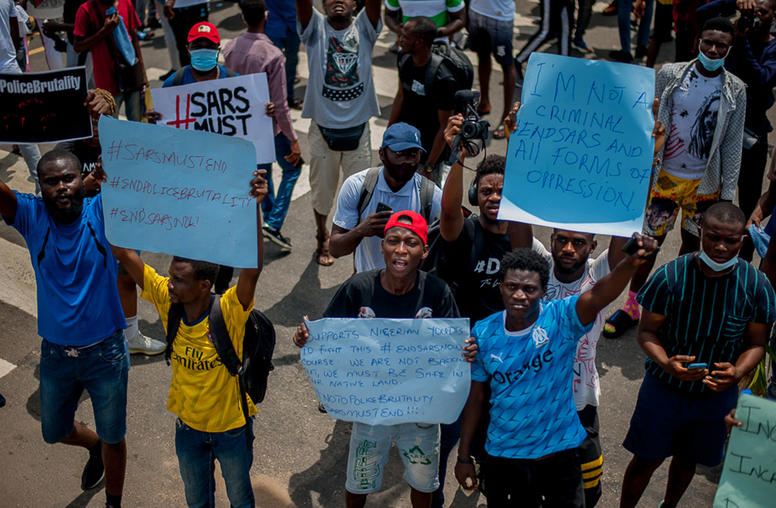
Nigeria's Security Failures: The Link Between EndSARS and Boko Haram
At first glance, the October state-led killings of protesters in Nigeria’s largest city, Lagos, seem to have little in common with the November Boko Haram massacre of at least 43 farmers in Nigeria’s northeast, or the December 11 abduction of hundreds of school students in Katsina State. With vastly different circumstances, motivations, and perpetrators—and separated by hundreds of miles—all three episodes could easily be recorded as just further tragic installments in Nigeria’s long history of violence. However, these incidents underscore the wider failure of the state to provide security for its citizens, only deepening the trust deficit felt by Nigerians.
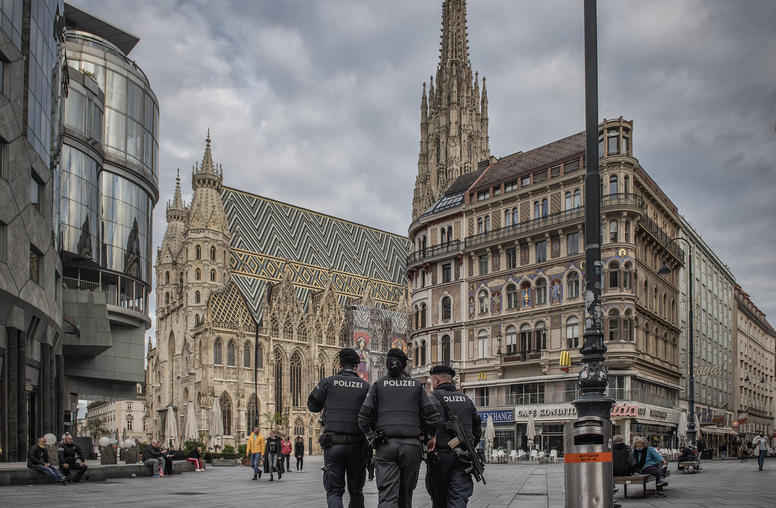
From COVID to the Caliphate: A Look at Violent Extremism Heading into 2021
Heading into 2021, the violent extremist landscape is more diverse than at any previous point in the last two decades since the start of the U.S.-led Global War on Terrorism. While that effort was almost exclusively focused on combating violent extremist organizations motivated by Salafi-jihadism, there has been a universal recognition that other forms of extremism have proliferated. Many governments and states feel completely unprepared and underequipped to deal with these new forms of extremism, which include, but are not limited to, racially and ethnically motivated terrorism, terrorism inspired by extreme misogyny, left-wing terrorism, and the rapid spread of conspiracy theories.
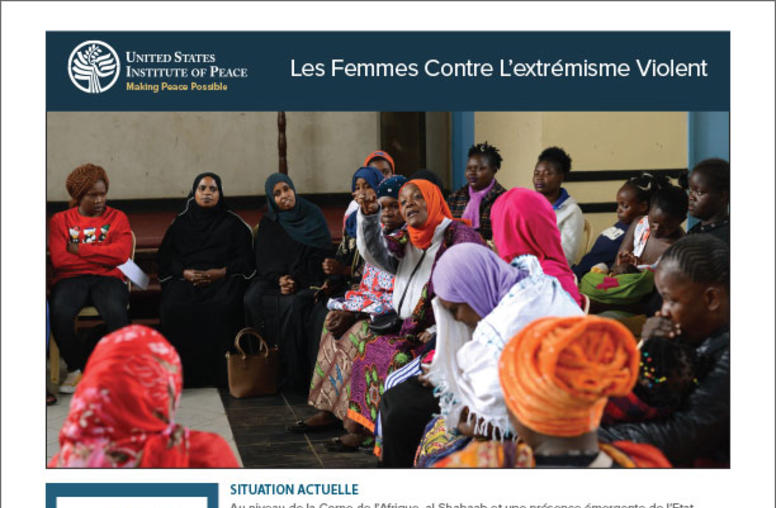
Women Preventing Extremist Violence (French)
Au niveau de la Corne de l’Afrique, al-Shabaab et une présence émergente de l’Etat Islamique ISIS ainsi que plusieurs autres groupes extrémistes sont toujours en place en Somalie, avec des recruteurs et des réseaux de facilitation s’étendant au-delà des frontières nationales et à travers la région. Au Sahel, d’innombrables communautés soufrent également de la violence extrémiste et terroriste perpétrée par différent acteurs dont certains appartenant à l’Etat islamique, d’autres étant affiliés Al-Qaïda et le reste tiré des mouvements dirigés localement.
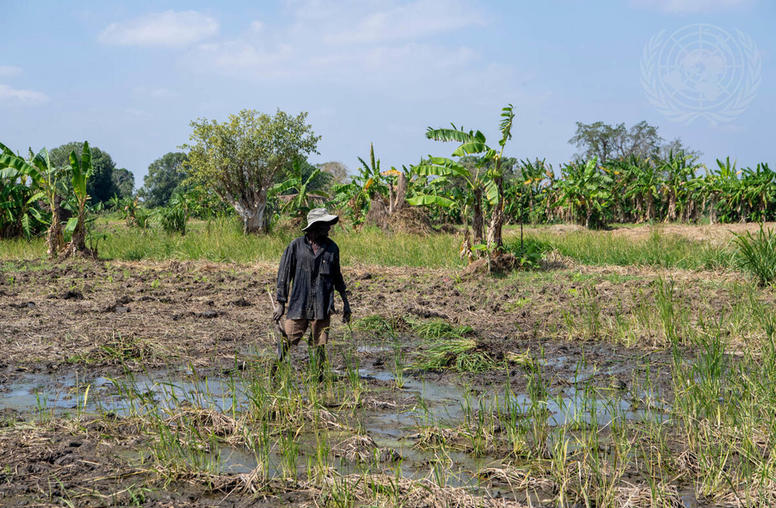
Mozambique’s Crisis Requires a New Playbook to Fight Extremism
Over the past three years, a local Islamist insurgency in the northern Mozambican province of Cabo Delgado has grown in strength and viciousness, developing ties with international terrorist groups and threatening one of the world’s largest natural gas projects. The insurgency is turning Cabo Delgado into a killing field.
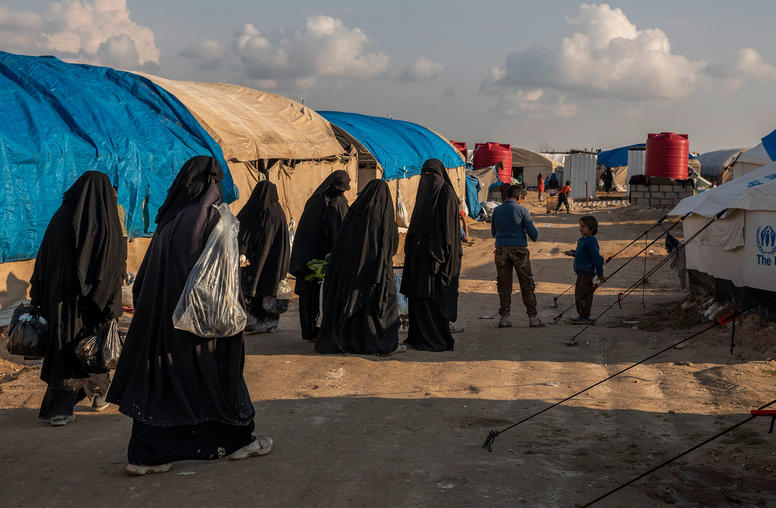
What Will Become of Iraqis in Al-Hol?
The al-Hol camp in northeast Syria—which holds tens of thousands who were living among ISIS before its territorial defeat—has presented the region and international community with a host of thorny challenges. What to do with the camp’s residents has particularly bedeviled the Kurdish authorities who run the camp as well as the governments of countries where residents came from. On October 5, Kurdish authorities said they would release the Syrians in the camp, where conditions have become increasingly unsustainable. But, nearly half of the camps’ 65,000 residents are Iraqis, and their prospect for return remains deeply uncertain. USIP’s Sarhang Hamasaeed discusses the situation facing Iraqis in al-Hol and the challenges ahead if they indeed return.
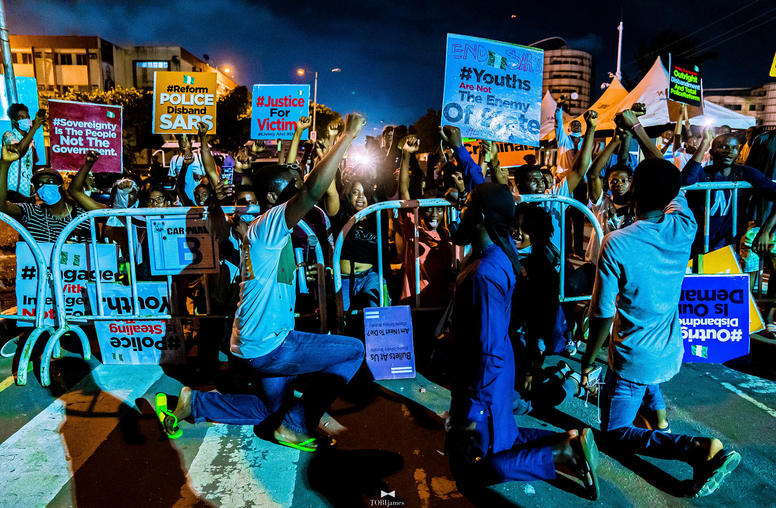
Protests Test Nigeria’s Democracy and its Leadership in Africa
Nigeria’s protests against police brutality already were the largest in the country’s history before security forces opened fire on a crowd in Lagos on October 20. The protest and bloodshed have only heightened the need for the government in Africa’s most populous country to end the pattern of violence by security forces against civilians. Leaders must finally acknowledge that this brutality has fueled violent extremism. How the Nigerian government will respond to citizens’ insistent demand for accountable governance will influence similar struggles—for democracy, accountability, nonviolence and stability—across much of Africa.
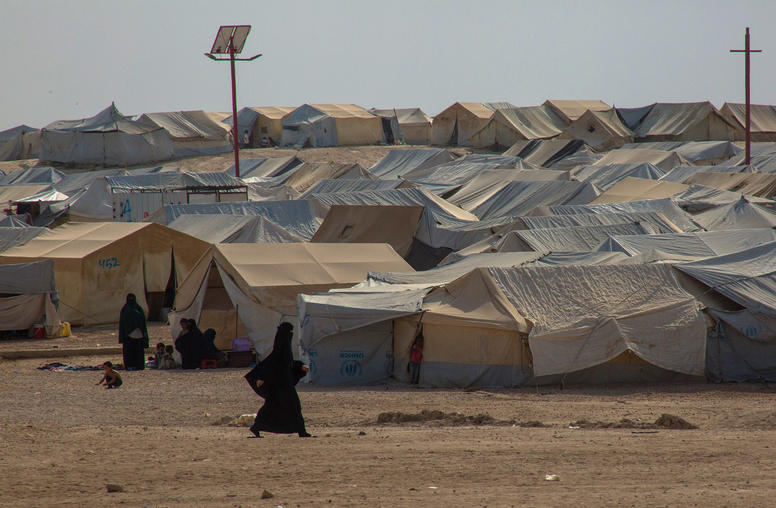
Can Syrians Who Left ISIS Be Reintegrated into Their Communities?
More than a year since the territorial defeat of ISIS, the region is still reeling in the wake of the self-styled caliphate’s destruction. Kurdish authorities operate two dozen detention facilities in northeast Syria holding thousands of former ISIS fighters. On October 5, Kurdish authorities in charge of al-Hol said they would free the 24,000 Syrians in the camp, where conditions have become increasingly unsustainable. USIP’s Mona Yacoubian, Chris Bosley, and Leanne Erdberg Steadman look at what led to the decision to release these Syrians and the challenges ahead for reintegrating them into their communities.
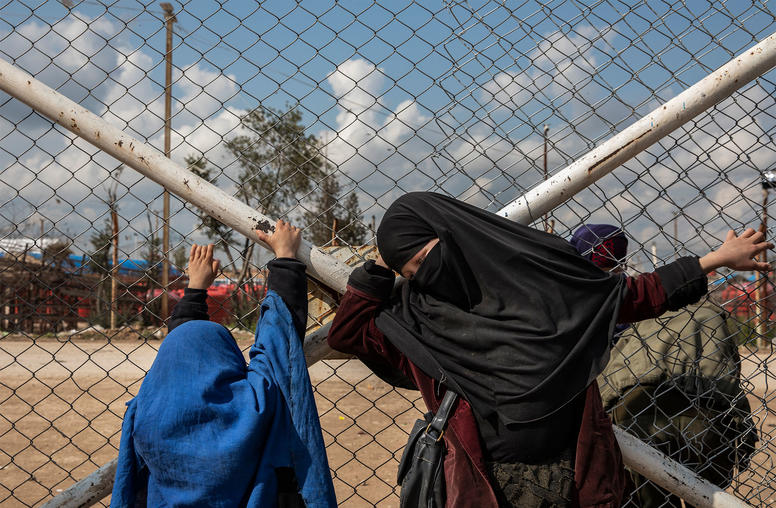
To End ISIS, We Must Find Futures for Its Survivors
At age 15, Shamima Begum ran away from home in England and, with two girlfriends, ventured into Syria’s war to join ISIS. Within days, she was married to an ISIS fighter; she has since had three children, all of whom have died. Begum, one of 70,000 former residents of the ISIS-declared state now confined in a displacement camp in Syria’s desert, is asking a British court to overturn a government order that stripped her of her citizenship. As nations worldwide seek justice, accountability—and their own security from ISIS’ violent extremism—Begum’s story shows how a “peacebuilding” approach is needed.
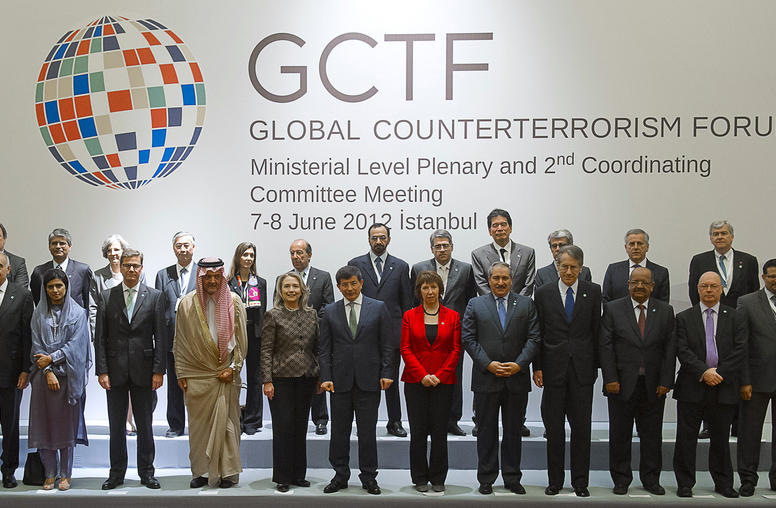
Preparing the Global Counterterrorism Forum for the Next Decade
In the two decades since the 9/11 attacks, terrorist networks have become more global and interconnected even as they remain locally tethered. The transnational and localized nature of the threat underscores the continued importance of international cooperation in all aspects of a response. This report explores the work of the Global Counterterrorism Forum, launched in 2011 to energize such cooperation, and how best to position it for an effective and far-reaching future.
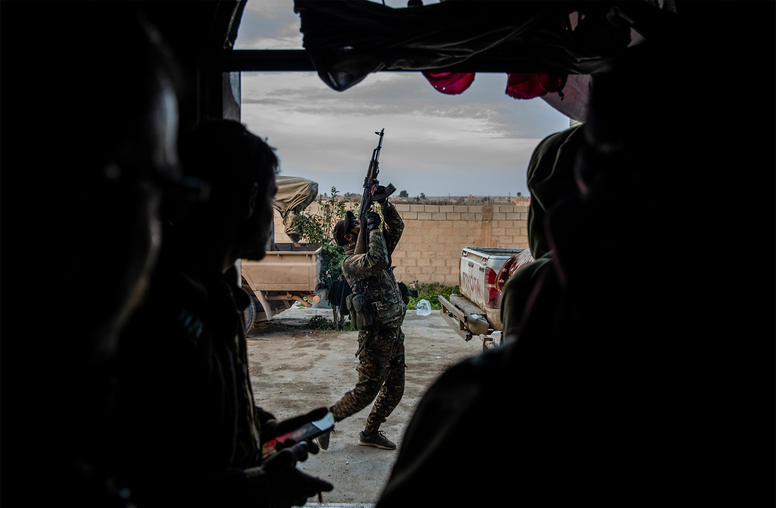
ISIS Determined to Make a Comeback—How Can it Be Stopped?
The Islamic State (ISIS), which was driven from its strongholds in Syria and Iraq over a year ago, is determined to regain territory in the region. It will take a combination of military and financial pressure, attention to public grievances, and the repatriation and rehabilitation of people who lived or fought with ISIS—as well as those who were subjugated by them—to foil the militant group’s ambitions, according to senior U.S. officials. This already tall ask has been made even more challenging by the outbreak of the COVID-19 pandemic.